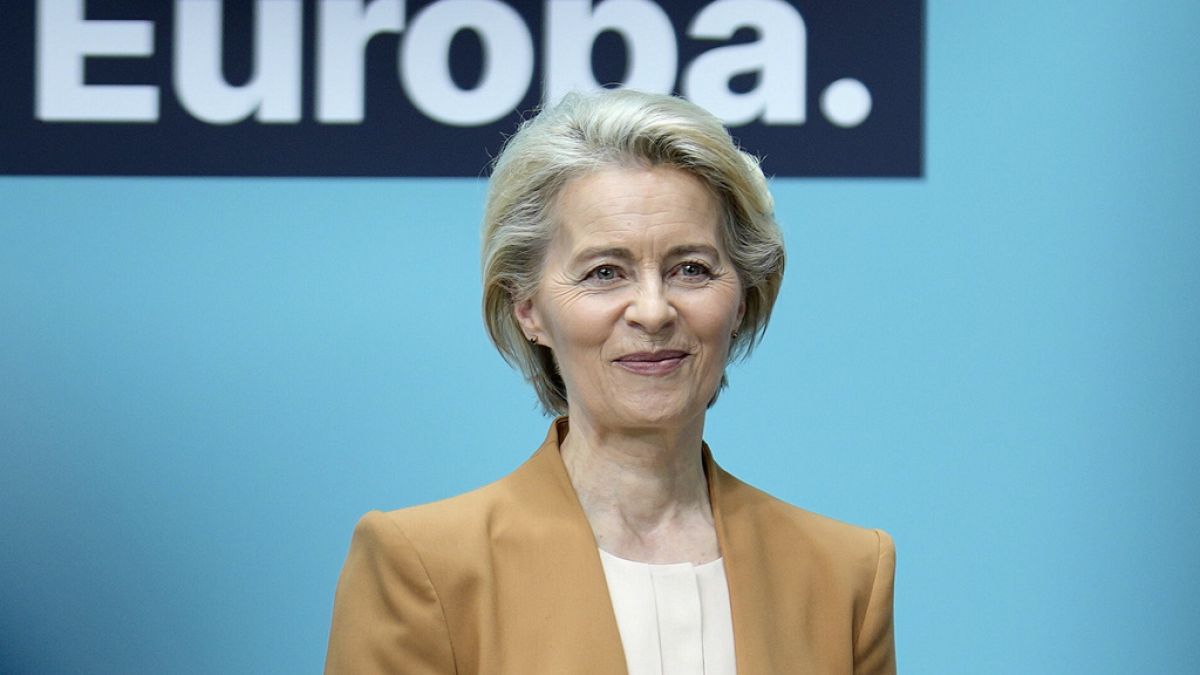The re-election of Ursula von der Leyen, sanctions against Russia and the Rafah crisis are the topics of our weekly overview of European politics.
Ursula von der Leyen will run in the election and said this week she was excited about the possibility of a second term as president of the European Commission. An enthusiasm that the European People’s Party (EPP) also shares, given the prominence it has achieved in the EU and the rest of the world.
Another highlight of this week was the adoption of the 13th package of sanctions against Russia following its invasion of Ukraine, which was launched two years ago. The new program targets companies that help Russia obtain sanctioned products, including companies based in China, Turkey and North Korea.
Josep Borrell, the EU’s top diplomat, said that following the death in prison of Russian opposition leader Alexei Navalny, the bloc’s human rights sanctions regime will now bear his name.
The proposal was discussed at a meeting of EU foreign ministers, where there was no consensus on a statement calling for a ceasefire in Gaza. Unsurprisingly, Hungary was once again the only one of the 27 countries to resist, particularly by calling on Israel not to conduct a ground operation in the city of Rafah.
Around 1.5 million Palestinians have found refuge there and the humanitarian catastrophe could reach new proportions, the UN warns. Achim Steiner, Administrator of the United Nations Development Program (UNDP), met with the European Commission earlier this week.
Steiner was invited by L’Observatoire de l’Europe to discuss a possible evacuation of Palestinians to Egypt in the event of an Israeli ground operation in Rafah and considered this a serious risk.
“The only answer right now is a humanitarian ceasefire. Relying on the evacuation of, you know, a million people who are already internally displaced under these circumstances, as many have said, could result in an absolutely catastrophic loss of life. , ” he said.
“That’s why I think that speculation about other places where people could move is something that we at the United Nations don’t think is feasible, nor do we want to get involved in the forced relocation of people,” he added.
This article is originally published on observatoiredeleurope.com








